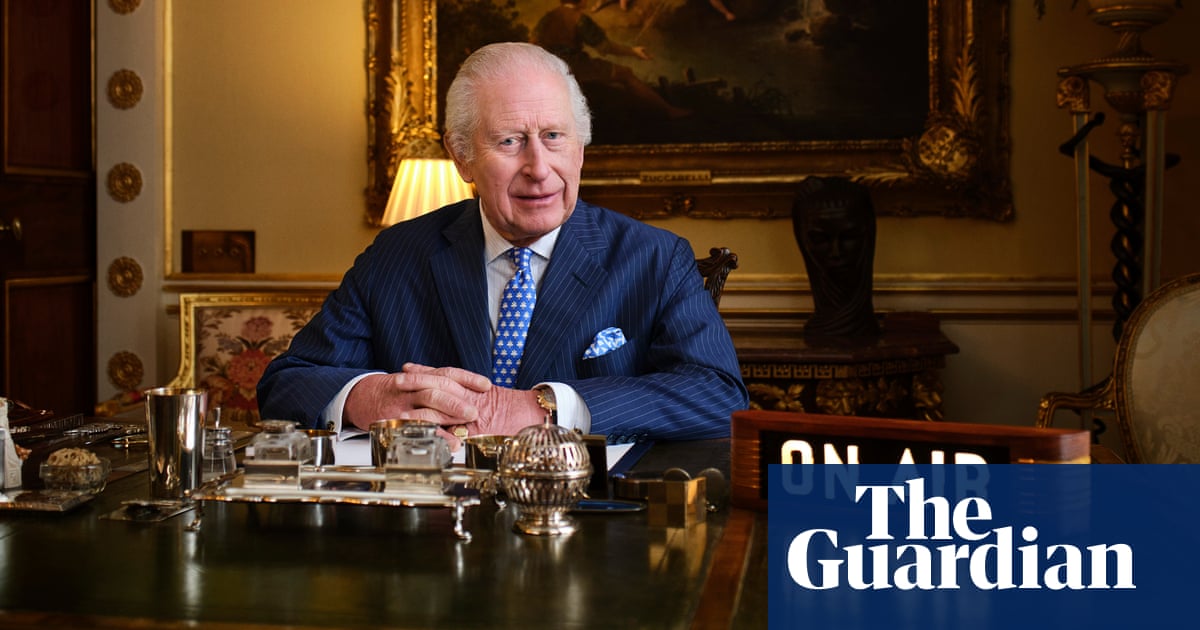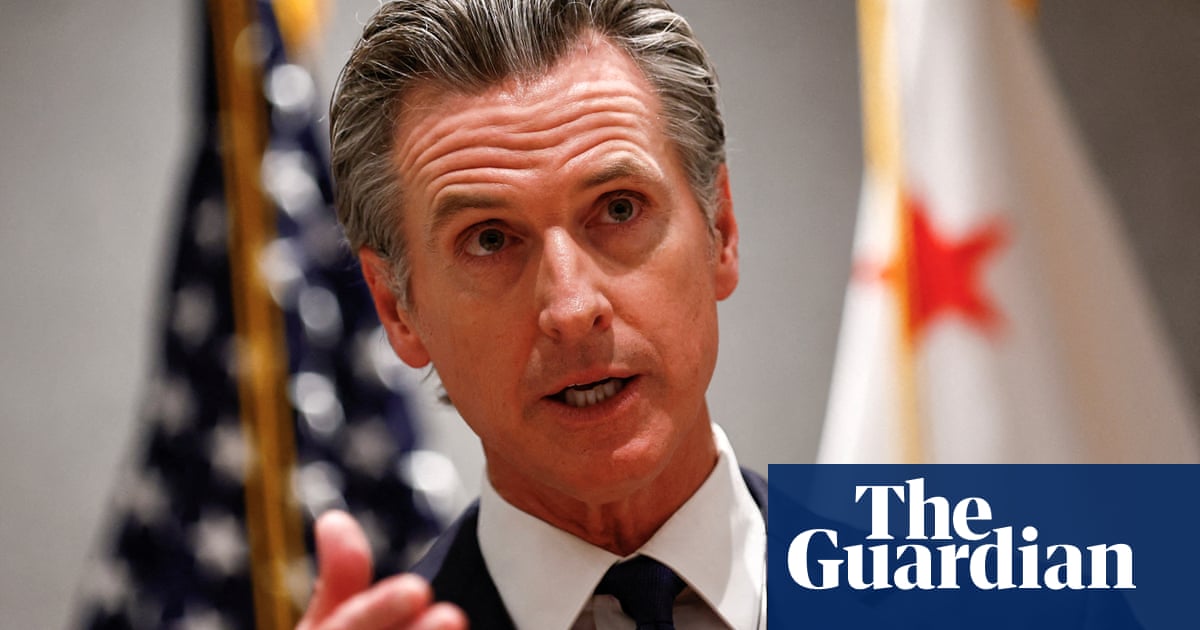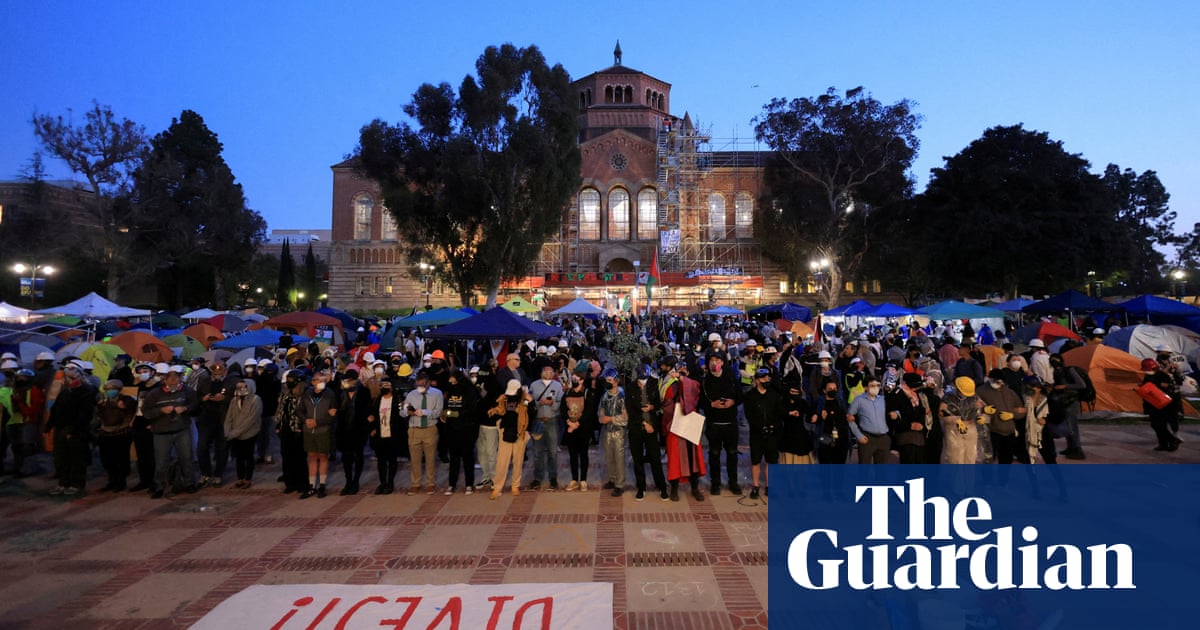Americans have always griped that politicians are liars and thieves. In returning Donald Trump, a convicted felon and notorious peddler of delusions and lies, to the White House, they decided to make it official. The causes of the former president’s victory will be debated – endlessly. The implications will play out over the next years, but some simple conclusions can be drawn.
Trump won as the candidate of change at a time when the vast majority of Americans want fundamental change. He won despite the fact that most Americans say they don’t approve of him. His scabrous campaign, which grew ever more unhinged, served to certify him as the protest candidate. His racism, nativism and misogyny stoked the divisions that Republicans have preyed on for decades. He won those most upset about inflation and immigration, painting the present as a bizarre dystopia and his past administration as an economic utopia, and somehow succeeding in arrogating his catastrophic failure on the pandemic – and the million unneeded deaths it caused – to a memory hole.
Now for Republicans – holding the White House, a majority in the Senate, with control of the lower House still undecided – the challenge will be to govern. Having cowed the party, Trump will decide. Other than play a lot of golf and watch a lot of TV, we don’t really know what he’ll do. What he has promised is disruption – across-the-board tariffs and a trade war, mass deportation of millions and social upheaval, mass firing and replacement of senior officials in the bureaucracy and new levels of dysfunction and corruption, reversal of progress on renewable energy and “drill baby drill”, as if he could make nature conform to his ignorance. When voters voted for a change in course, this may not be what they had in mind.
For Democrats, the loss will trigger a reckoning. The remarkable unity behind the Harris campaign will turn into a fierce internal battle. Kamala Harris ran a strong and professional campaign, surely making the race closer than it would have been if Joe Biden had led the ticket. She destroyed Trump in their only debate, leading him to duck a return engagement. She presented herself as a unity candidate, in contrast to Trump’s venomous divisiveness. She put a special focus on defending freedom, particularly the freedom of women to control their own bodies. Her closing argument focused on Trump’s obvious unfitness to lead and the bipartisan and establishment endorsements she enjoyed from leaders in both parties and in the foreign policy and economic establishments.
The right of the Democratic party and much of the media will blame her loss on liberal excess. They’ll suggest that the United States wasn’t ready to elect a mixed-race woman of an immigrant family; they’ll note that Trump spent millions on ads featuring Harris defending trans surgeries; they’ll argue that liberal social issues – on sexuality, diversity and inclusion, gun control and police reform, even the climate crisis – alienated more than they attracted.
Democratic operatives have a large stake in that argument, as opposed to the reality that the party has failed working people and its candidates failed to engage them.
The left of the party will argue that Harris’s closing strategy succeeded in painting her as the candidate of the bipartisan establishment that had failed – that her inability or unwillingness to separate herself from Biden made her the candidate of continuity at a time when voters wanted change, that her failure to emphasize the new priorities of her “to-do list” offered only more of the same.
How could Americans elect a convicted felon, a sore loser who led his supporters to sack the US Capitol, a foul-mouthed, vile candidate peddling hateful delusions and juvenile insults to be president of the United States? Surely the only answer is that Americans in large numbers are looking for a new deal, a very different course going forward. Whether either party is prepared to offer that way forward remains to be seen.
-
Katrina vanden Heuvel is editor and publisher of The Nation. She is a member of the Council on Foreign Relations and has contributed to the Washington Post, New York Times and Los Angeles Times

.png) 3 months ago
28
3 months ago
28













































